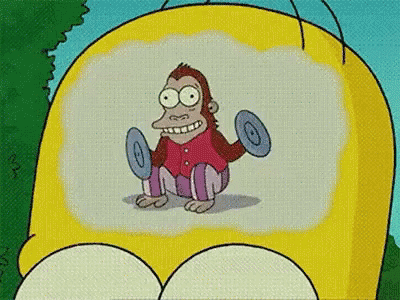The Moon remains the the high-water mark of in-person human exploration. (That may someday change -- thank you, Elon Musk -- but for now, it is what it is.)
 |
| Mmmm. Dough ... nut. |
.jpg/465px-NGC_4414_(NASA-med).jpg) |
| Out for a spin? |
This study's conclusion, if it holds up under scrutiny, hints at something very interesting about the prevalence and distribution in galaxies of dark matter. Because clearly the amounts and distribution of ordinary matter (read: stars and dust clouds) -- and hence, ordinary matter's contribution to galactic rotation rates -- varies significantly among disk galaxies ....
And the spaciness part of the post title? Spacefaring won't be as dangerous as some recent press reports suggest. While I'm happy to cut space-constrained headline writers some slack, flat-out alarmism and/or error is bad.
I've seen far too many headlines (example, from USA Today: " 'Space genes': NASA confirms space travel changes DNA — even upon return to Earth") breathlessly blithering about genetic changes observed in a recent NASA twin study. (The body of this article isn't as misleading as the headline. Not a high hurdle.)
ANYway, the study: Astronaut Scott Kelly spent a year on the ISS, while twin brother Marc, also an astronaut, stayed on Earth. NASA continues to monitor both. The DNA change cited in some articles -- including that USA Today piece -- is 7%.
No. Uh-uh. Not! 7% of Scott's genes did not change. First, the numbers. A few hundred genes (out of about 20K) exhibited a sort-of change -- we'll come to that -- and 7% of those few didn't revert to their pre-flight states within a year of returning to Earth.
Second, these changes were not genetic mutations. Rather, these were differences in gene expression -- which genes are active (i.e., producing, or not, their associated proteins). Gene expression is a function of epigenetics, not genetics. Also note: some of the "space" gene expressions -- e.g., associated with oxygen deprivation -- are applicable to Earth dwellers under various conditions (e.g., mountain climbing).
 |
| 7% change? Get real! |
 |
| Hey, it's a theory. |
March 24, 2018 update: One news outlet, at least, acknowledged their error. By Live Science, see "We Were Totally Wrong About That Scott Kelly Space Genes Story."

































No comments:
Post a Comment